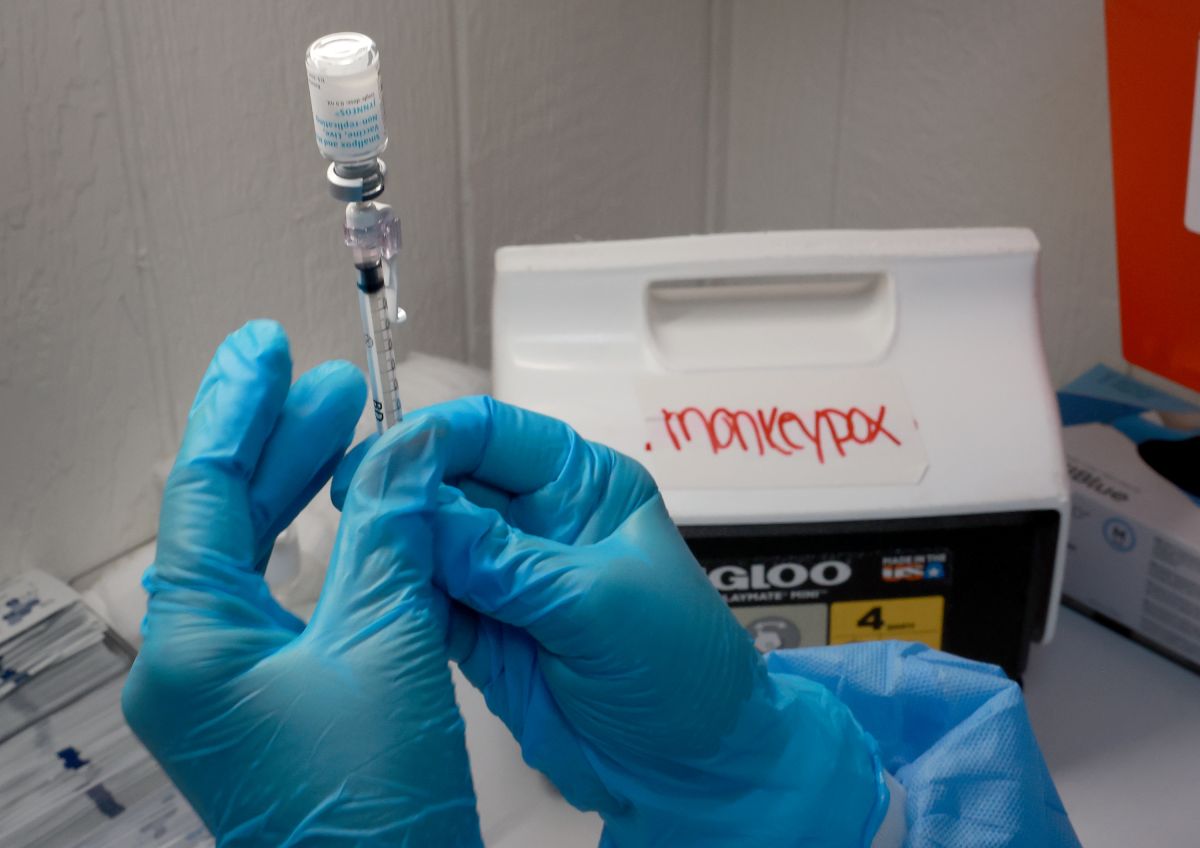The City of New York officially declared the end of the mpox outbreak on Wednesday after specifying that transmission has remained “very low” for two consecutive months.
This statement confirmed in a statement by the New York City Department of Health (DOHMH) occurs due to “the success of the vaccination of more than 100,000 New Yorkers and community associations in the field of guidance.”
Although the outbreak has ended, the health authorities clarify that the transmission of this infection continues to occur at “a very low level.”
At this point, it is necessary to clarify that mpox was the official medical name assigned to this virus, which was initially known as “monkey or simian smallpox”. The World Health Organization (WHO) changed the name due to complaints of the racist and stigmatizing language it implied.
Last summer the Big Apple had been the epicenter of this nationwide outbreak. What at first was an infection that had reached mainly white men, came to affect mainly men of Hispanic origin.
From May 19 to December 31, 2022, 3,821 cases of mpox were reported. From a peak of around 70 infected per day, it went to zero reports, for much of January. Most cases were among people who identify as LGBQ+
In this period of time, it was specified that 35% of those infected were Hispanic and 27% African-American.
“The end of the mpox outbreak is a proud moment for us in public health, and represents the best of integrating science and society for rapid action,” said DOHMH Commissioner Dr. Ashwin Vasan.
The strategy
The City’s strategy was directed at combating inequalities in access to health care, homophobia, transphobia, and racism.
Vaccination appointments in ZIP codes for areas with a high percentage of socioeconomic disparities were rapidly increased. In addition, millions of dollars were directed to community groups that advocated and connected New Yorkers to immunization.
A mobile program was also created that administered vaccinations at more than 70 sites, including community wellness centers, neighborhood clinics, and youth and adult shelters.
These sites ensured that mpox vaccines were available in trusted and accessible locations for New Yorkers most at risk of exposure, as well as for patients who may face discrimination or stigmatization when seeking care.
You must know:
- New Yorkers seeking care for suspected mpox should call their healthcare provider immediately.
- For those who do not have a medical provider, they can call 311 to be connected to a NYC Health + Hospitals location or to access NYC Health + Hospital Virtual ExpressCare.
- Care is available in New York City regardless of immigration status, insurance coverage, or ability to pay.
